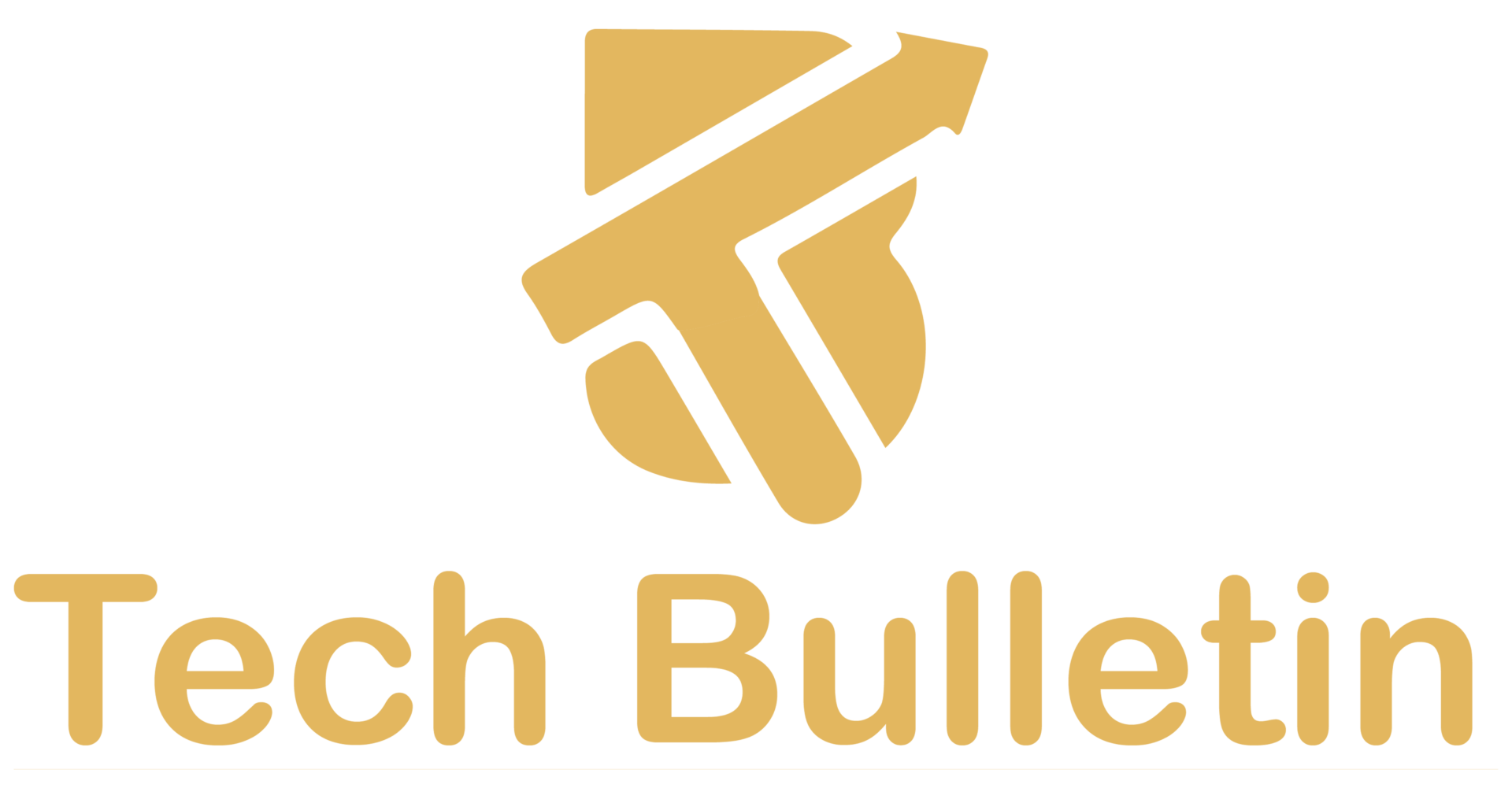How to Become an AI Expert: Step-by-Step Guide

Artificial Intelligence (AI) is one of the most exciting and fast-growing fields in technology. Whether you’re fascinated by machine learning, data science, or neural networks, you may have wondered: How to become an AI expert?
Becoming proficient in AI requires a combination of education, hands-on experience, and a passion for continuous learning. In this comprehensive guide, we’ll walk you through the essential steps to becoming an AI expert. Ready to start your journey? Let’s dive in!
1. Understanding the Fundamentals of AI
Before you dive deep into the complex world of AI, it’s essential to have a solid understanding of the basic concepts that lay the groundwork for everything you’ll learn.
What Is Artificial Intelligence?
At its core, AI is the simulation of human intelligence in machines that are programmed to think, reason, and make decisions. AI encompasses various subfields, including:
- Machine Learning (ML)
- Natural Language Processing (NLP)
- Robotics
- Computer Vision
Key AI Concepts to Grasp
To build a strong foundation, you should become familiar with the following concepts:
- Algorithms: These are step-by-step procedures for solving problems.
- Data Structures: Organising and storing data efficiently is critical for AI.
- Neural Networks: These are models inspired by the human brain that help machines learn patterns.
- Supervised and Unsupervised Learning: These are two main learning paradigms in AI, each with distinct applications.
Begin by reading books, watching introductory videos, or taking free online courses to grasp these concepts.
2. Develop Your Technical Skills

Once you understand the basics, it’s time to develop the technical skills that will allow you to apply AI concepts in real-world scenarios. The following skills are essential for any AI expert.
Learn Programming Languages
AI experts need strong programming skills. Python is the most widely used language in AI, thanks to its simplicity and powerful libraries. However, other languages like R, Java, and C++ can also be helpful.
- Python: It has a rich ecosystem of libraries such as TensorFlow, Keras, PyTorch, and Scikit-learn for AI development.
- R: Often used for statistical analysis and machine learning tasks.
- C++: Used in AI for performance-intensive applications.
Start by learning Python if you haven’t already. You can find countless online tutorials, courses, and documentation to help you get started.
Master Mathematics and Statistics
A solid understanding of mathematics is critical for AI development. The most important areas include:
- Linear Algebra: Essential for understanding machine learning algorithms.
- Calculus: Useful for optimising AI models.
- Probability and Statistics: These are foundational for understanding machine learning algorithms and data analysis.
You don’t need to become a mathematician, but understanding key concepts will make it easier to understand AI algorithms and their applications.
Work with Data
AI and machine learning rely heavily on data. To become proficient, you’ll need to know how to collect, process, and analyse data effectively. This includes:
- Data Wrangling: Cleaning and preparing raw data for analysis.
- Exploratory Data Analysis (EDA): Summarising and visualising data to uncover patterns and trends.
- Data Modelling: Building models that predict or classify based on data.
Tools like Pandas and NumPy (for data manipulation) and Matplotlib (for datavisualisationn) will be essential in this stage.
3. Dive Deep Into Machine Learning (ML)
Machine learning is the heart of AI. If you’re serious about becoming an AI expert, you’ll need to develop a deep understanding of machine learning.
Supervised Learning
Supervised learning is when the model is trained on labelled data (data with known outcomes). Common algorithms include:
- Linear Regression
- Logistic Regression
- Decision Trees
- Support Vector Machines (SVM)
Unsupervised Learning
In unsupervised learning, the model works with unlabeled data. Common techniques include:
- Clustering: Grouping data points into clusters based on similarity.
- Dimensionality Reduction: Reducing the number of features in a dataset while preserving its structure (e.g., Principal Component Analysis).
Reinforcement Learning
Reinforcement learning involves training models using rewards and punishments based on their actions. It’s commonly used in robotics and games like AlphaGo.
Deep Learning and Neural Networks
Deep learning is a subset of machine learning that uses neural networks to model complex patterns. It’s used in tasks like image recognition and natural language processing (NLP).
- Convolutional Neural Networks (CNNs): Used in image processing.
- Recurrent Neural Networks (RNNs): Used in sequence prediction (e.g., time series data).
To deepen your understanding of ML, take advanced courses, read research papers, and implement algorithms from scratch.
4. Work on Real-World Projects

Theoretical knowledge is necessary, but hands-on experience is essential to becoming an AI expert. Applying what you’ve learned in real-world projects will deepen your understanding and help you develop practical skills.
1. Participate in Online Competitions
Platforms like Kaggle and DrivenData offer AI challenges where you can compete against others to solve real-world problems. These platforms provide access to datasets and a community of learners to help you along the way.
2. Contribute to Open Source Projects
Contributing to open-source AI projects is a great way to gain experience while helping others. Platforms like GitHub host many AI projects where you can collaborate and learn from experienced developers.
3. Build Personal Projects
Think of a problem that interests you and build an AI solution for it. For example, you could build a recommendation system or a chatbot. Personal projects give you the freedom to experiment with new algorithms and technologies.
5. Stay Up-to-Date with AI Advancements
AI is a rapidly evolving field. To remain an expert, you must stay updated with the latest research, techniques, and tools. Here’s how:
Read AI Research Papers
Reading research papers allows you to stay on the cutting edge of AI. Websites like arXiv and Google Scholar offer access to the latest AI papers. Some well-known AI conferences include:
- NeurIPS
- ICML
- CVPR
Join AI Communities
Join online communities, such as AI forums, subreddits, or LinkedIn groups, to stay in the loop. These platforms are great for networking and learning about new advancements and resources.
Attend Conferences and Meetups
AI conferences, workshops, and meetups provide opportunities to learn from experts, network, and discover new trends in AI development. These events are crucial for professional growth.
6. Consider Specialising in a Niche Area
AI is a broad field, and it’s helpful to specialise in one or more subfields based on your interests. Some niche areas of AI include:
- Natural Language Processing (NLP): Focuses on enabling machines to understand and generate human language.
- Computer Vision: Involves teaching machines to interpret and process visual data.
- Robotics: Combines AI and physical systems to perform tasks autonomously.
- Reinforcement Learning: A specialised area focused on optimising decision-making processes.

Choosing a specialisation can help you stand out in the AI job market and develop expertise in a specific area.
Conclusion
How to become an AI expert? Start by building a strong foundation in AI concepts, programming, mathematics, and machine learning. Then, dive into hands-on projects, stay updated with research, and consider specialising in a niche area that interests you. With dedication, continuous learning, and real-world experience, you can become an AI expert and unlock a wealth of exciting career opportunities.
FAQs
1. Do I need a computer science degree to become an AI expert?
While a computer science degree is helpful, many AI experts are self-taught. A strong understanding of mathematics, programming, and AI concepts is key.
2. How long does it take to become an AI expert?
Becoming an AI expert can take anywhere from 1 to 3 years, depending on your learning pace, prior knowledge, and the time you dedicate to practice.
3. What programming languages should I learn for AI?
Python is the most popular language for AI. R, C++, and Java are also useful for specific AI applications.
4. Can I learn AI without a formal degree?
Yes, many AI professionals have learned through online courses, tutorials, and self-study. The most important factor is a passion for learning and problem-solving.
5. What are the best resources for learning AI?
Some top resources include Coursera, edX, Kaggle, and books like “Deep Learning” by Ian Goodfellow.
6. What are the career opportunities for AI experts?
AI experts can work in various industries, including tech, healthcare, automotive, finance, and education. Roles include data scientist, AI researcher, and machine learning engineer.
7. Is AI a good career choice?
Yes! AI is one of the fastest-growing fields, offering exciting opportunities for innovation, high salaries, and career growth.
Also Read: 5 essential types of AI models you should know.







